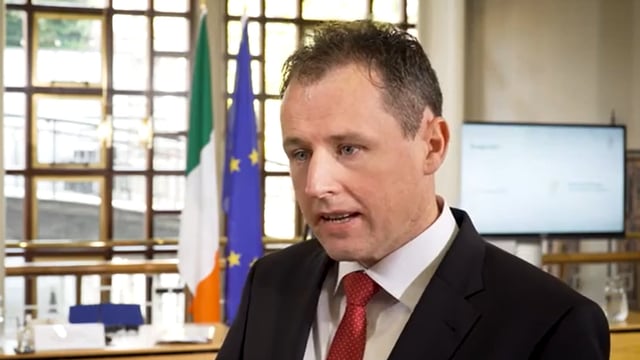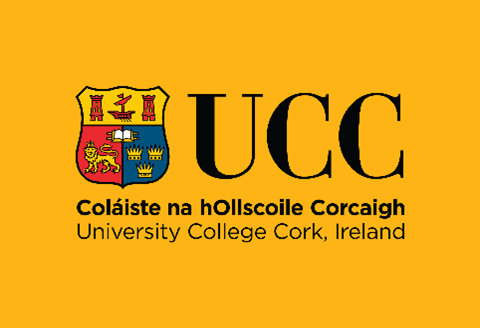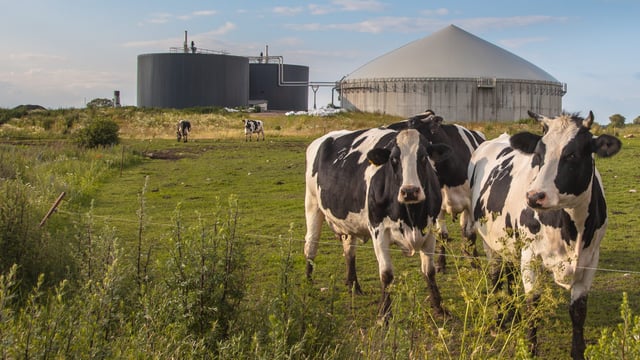Report outlines challenges in implementing EU law in Irish forestry sector
Minister of State with responsibility for forestry at the Department of Agriculture, Food and the Marine (DAFM), Pippa Hackett has today (Wednesday, June 29) welcomed the publication of the ‘Project Woodland: Regulatory Review Report’.
Law firm Philip Lee LLP has analysed the regulatory framework that underpins forestry in Ireland, and now presents recommendations that could lead to improvements in the sector.
The report addresses challenges in implementing EU law in the Irish sector, as forestry is a key part of the EU Climate Policy and the Climate Action Plan in Ireland.
Commenting on the publication, Minister Hackett said: "The report outlines changes in environmental law, which have resulted in the increasingly complex regulatory framework that has ultimately led to delays in the issuing of forestry licences in recent years.
The project board will now study the recommendations in the report and work with the DAFM on an action plan with the aim of implementing these, the minister added.
Philip Lee LLP reviewed the existing EU and domestic legal framework for the licensing of forestry activities, including relevant case law.
Conducted research indicates that difficulties with the practical implementation of rulings from the European Court of Justice (CJEU) are not unique to Ireland, or to the Irish forestry sector.
"EU environmental law is dynamic," the law firm said, explaining that CJEU rulings arise out of infringement proceedings against member states for non-compliance with EU law. The report states:
The introduction of revised Appropriate Assessment (AA) procedures in 2019, to ensure any potential environmental issues are fully assessed before licences are granted, resulted in a significant increase in workload on individual applications, according to the report.
The report references a CJEU ruling, Commission vs. Ireland, under which Ireland failed to make serious or sufficient efforts to avoid pollution or deterioration of habitats outside of Special Protection Areas (SPAs), for the protection of birds.
Therefore, the National Parks and Wildlife Service (NPWS) adopted a programme of measures for the protection of birds, including the enhancement of biodiversity protection and conservation measures in the forestry licensing system, the law firm said.
In accordance with another CJEU ruling, inspectors were instructed to carry out screening for likely significant effects on the precautionary premise that "environmental guidelines, requirements and standards" would not be applied and/or would not be effective.
These instructions and the fragmented nature of Ireland’s forestry and the network of European protection sites, combined with an extensive network of lakes, rivers, and streams, had a significant impact on the licensing system.
All these factors, the report states, resulted in a much larger proportion of applications that were systematically referred to the DAFM's specialist ecological section for the purposes of carrying out an AA.
This is the principal reason why currently over 80% of applications are referred to ecology, significantly delaying the issuing of most licences, according to Philip Lee LLP.
The review presents several detailed recommendations, including amendments of the Forestry Act and regulations.
Report recommendations must now be fully considered, as the DAFM continues to reduce the backlog of forestry licence applications, according to Minister Hackett.
Recommendations by the law firm include:





